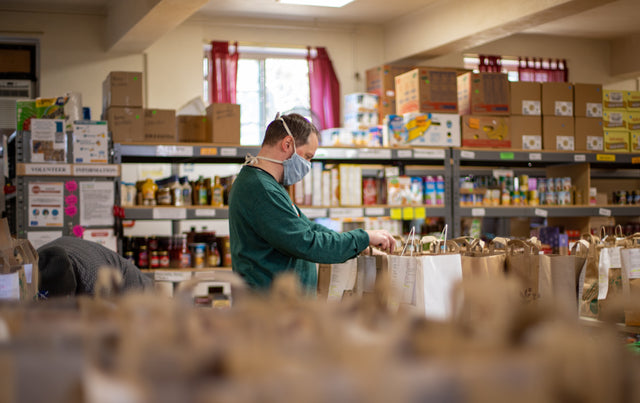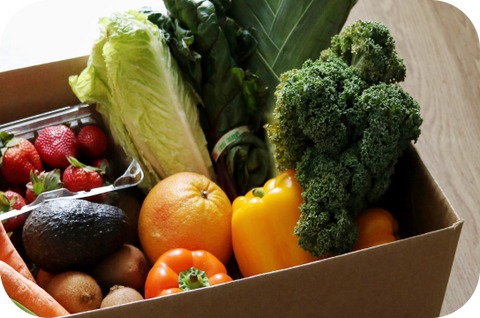

As the cost of groceries continues to rise, many families, students and individuals are facing the problem of food insecurity. The need for food banks and soup kitchens have increased to 1000+ new clients per month, a decrease in food donations and overall, there simply is not enough food to go around.
Food Insecurity is, “a public health issue when an individual is in the state of being without reliable access to a sufficient quantity of affordable, nutritious food due to financial restraints.” In BC, over 1 out of 10 households are food insecure. That is about 11.8% or half a million people.
Inflation in B.C has remained far too high for far too long. With the cost of living, many individuals are facing the consequences and finding ways to cut back on spending. However, inflation has also affected the cost of groceries. Grocery stores were hit hard as prices grew at the fastest pace since 1981, increasing by 10.8 per cent. Specifically, baked goods went up 15.4 per cent and fresh fruit up to 13.2 per cent.
The rising costs affect households’ ability to afford nutritious food which in turn influences both the physical and mental health of those people. The BCCDC study looked at five indicators: perceived health, perceived mental health, healthy eating, adult obesity, and mood or anxiety disorders. They found that people living in food insecure households had poorer health than their food-secure neighbours across all five indicators.
In an effort to help people experiencing food insecurity, the B.C government is spending more than $2 million. Food Banks BC will be receiving $955,000 where the majority will go towards providing faster access to food for those affected by emergency events such as wildfires and floods. Some of it will go towards Food Banks BC’s Resilient North Research Project to support, “food-security challenges in rural, remote and Indigenous communities face.”
$1.4 million is going towards United Way British Columbia to expand food hubs which provide accessible nutritious food, food literacy, wellness programming, wraparound mental-health support, employment services and child care. They will use $400,000 of the fund to develop an app for community members to request food quickly.
